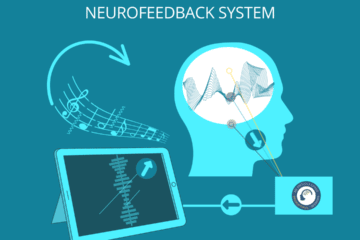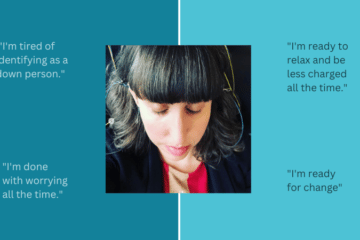Since COVID-19 has taken the USA and the world by storm life has changed drastically for all of us in many ways. We are all grieving loss of life and loss of control. Many have lost loved ones to this pandemic, others jobs, school, and a major loss of identity (who am I, where do I go, who do I see), and so much more.
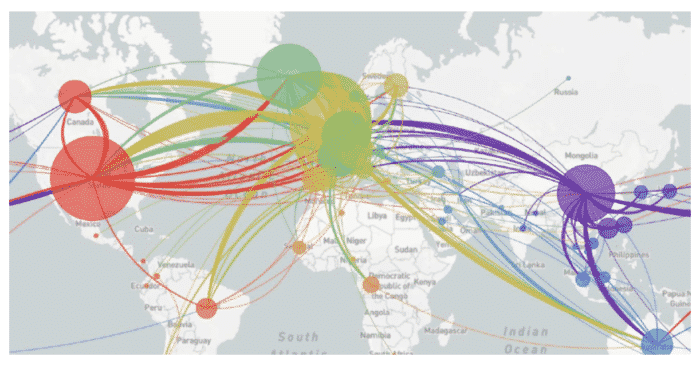
As we watch the spread and the affects of this disease take hold people everywhere are digging deep and coping in new and olds ways. Meditation and Buddhist teachings as well as therapy are all things that can support our minds and hearts during this challenging moment in history. Here Alison Pepper, LCSW will explore how meditation, Buddhism, and therapy can be helpful supports to anyone during this time of uncertainty and fear.
Meditation
Over the last few decades meditation has been growing in popularity in the US. Places to meditate, books, and apps about meditation have all been popping up everywhere. There is much to be said about meditation. But here I want to focus on one thing. A regular or daily practice of mediation, whether it’s sitting for 6mins or 20mins or an 1 hr, is a time when you work with your mind and breath. No matter what is coming up or not coming up the instructions are always simple, just be with the breath, come back to the breath. Sitting regularly we learn a personal discipline of how to stay and how to contain our thoughts and feelings. It’s not always easy and it doesn’t always feel good but through meditation we truly becoming familiar with ourselves; who we are and how we tick. Clearly during this time of COVID-19 one’s ability to weather the internal storm of the mind and the external storm of illness, death, unemployment, and fear is very important. Meditation is practice that can be done anywhere by anyone, it’s free and though it’s not always easy it is simple.
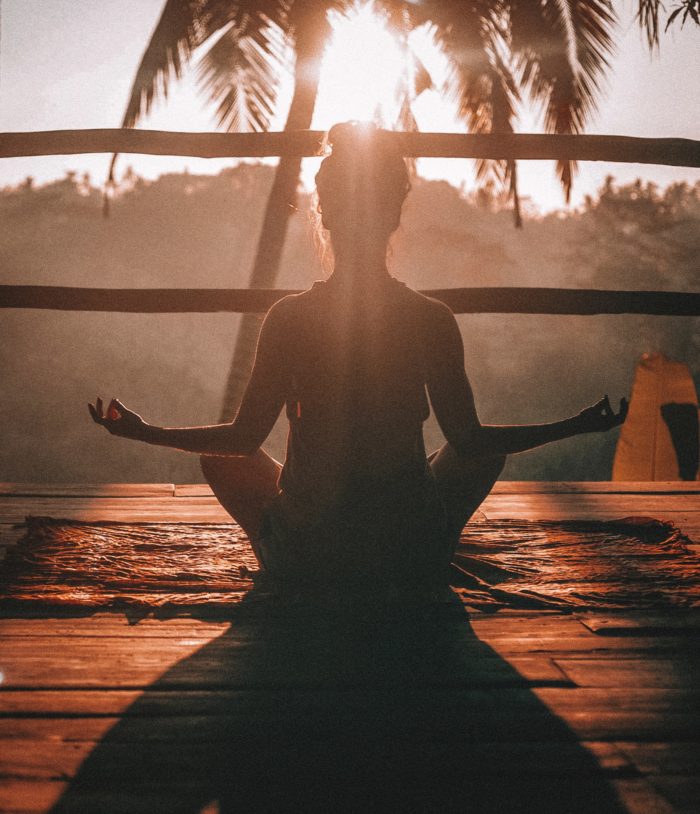
If you are interested in learning more about how to start or restart a meditation practice at home right now check out this other blog by Alison.
Buddhism
Teachings on suffering, awareness, compassion, and meditation are all apart of the Buddhist cannon. In this time of COVID-19 and quarantine people are struggling with a lot of fear, loneliness, loss, isolation, and other strong emotions. The basic Buddhist teachings of the four noble truths can be helpful to contemplate:
- Life is suffering. Or dukkha, in Sanskrit, is more like an all pervasive anxiety or discontentment with one’s life.
- The cause of suffering. Because there is an ego and an “I” we habitually solidify and create pain out of a fundamental misunderstanding of what this “I” actually means.
- Cessation of our suffering. There is a way to work with suffering and it can be overcome.
- Walk the path that leads to the cessation of our pain and suffering. : by practicing the Buddhist path of mindfulness meditation.
If you are wanting to read more about Tibetan Buddhism and classic teachings you could check out: Indestructible Truth by Reginald Ray and Road Home by Ethan Nichtern. Both these books explore a large set of Buddhist teachings through intellect and heart as well we discipline.
Two books that explore more the intersectionality of Buddhism and contemporary psychotherapy might be Thoughts Without a Thinker by Mark Epstein and The Monkey is the Messenger by Ralph De la Rosa.
Therapy
Right now individual, couples, family, and group therapy have all shifted to being online in places like NYC. Therapy is often done in person but it doesn’t have to be. The connection between therapist and client can occur over the phone or in a video chat.
If you are interested to know more about teletherapy, telecoaching and our online groups please check out our website for more information.
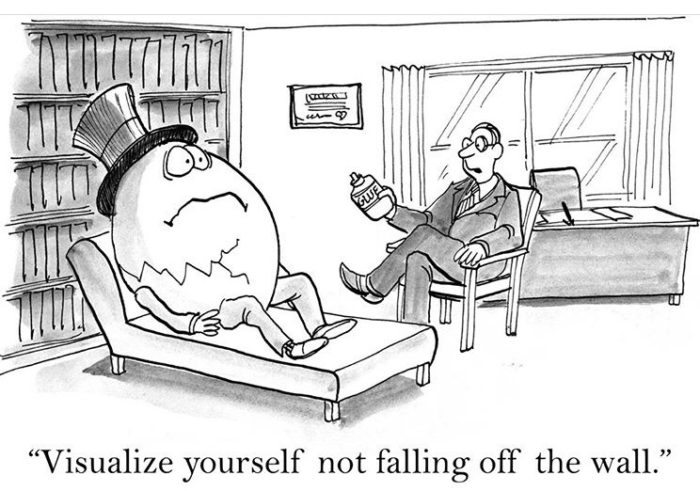
Therapy will be for some and not for all. But during these particularly challenging times it can be important to remember we are not alone and that it’s okay to ask for help. Therapy is a space where you can work to heal old or new wounds. It can be a place of connection and learning how to be better in connection. If you or someone you know is really struggling right you can always turn to Lifeline, a national suicide prevention line at 1800 273-8255.
